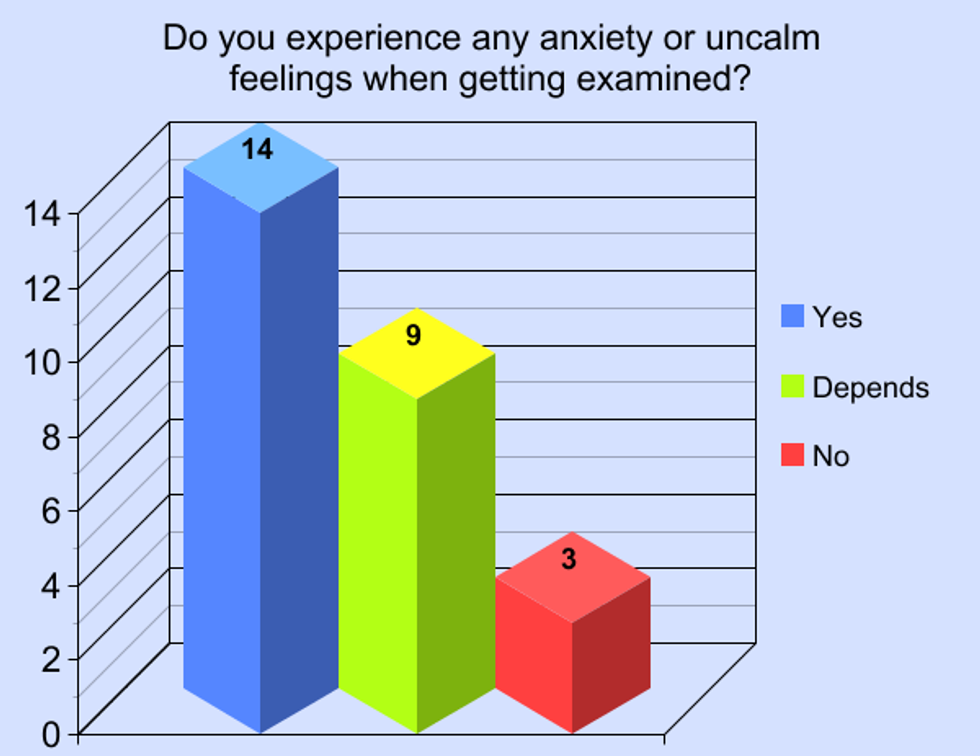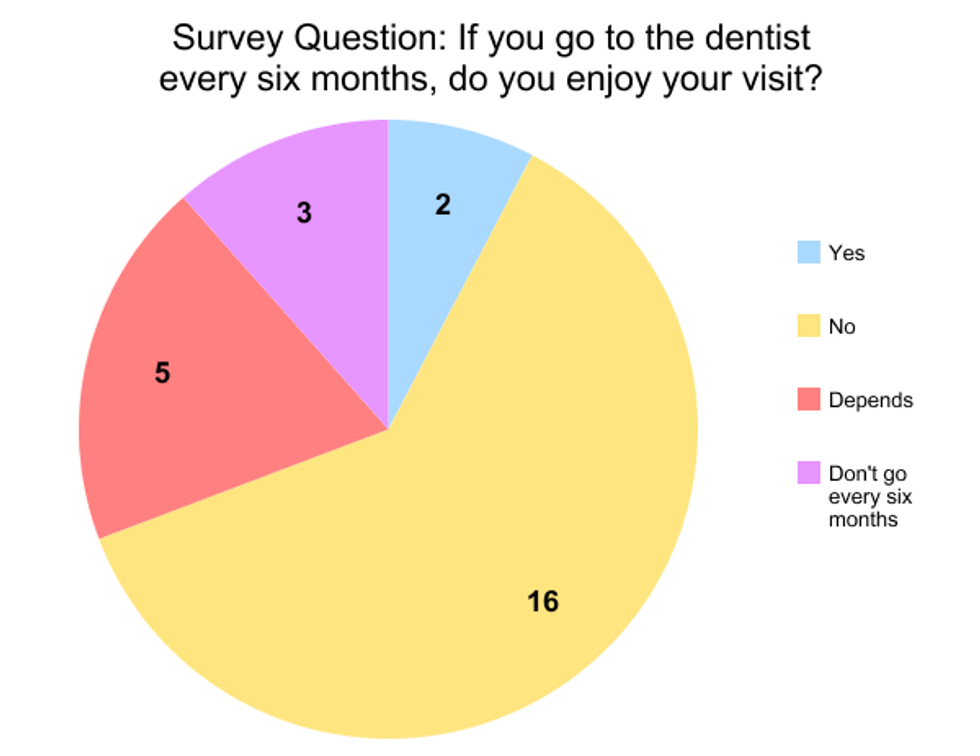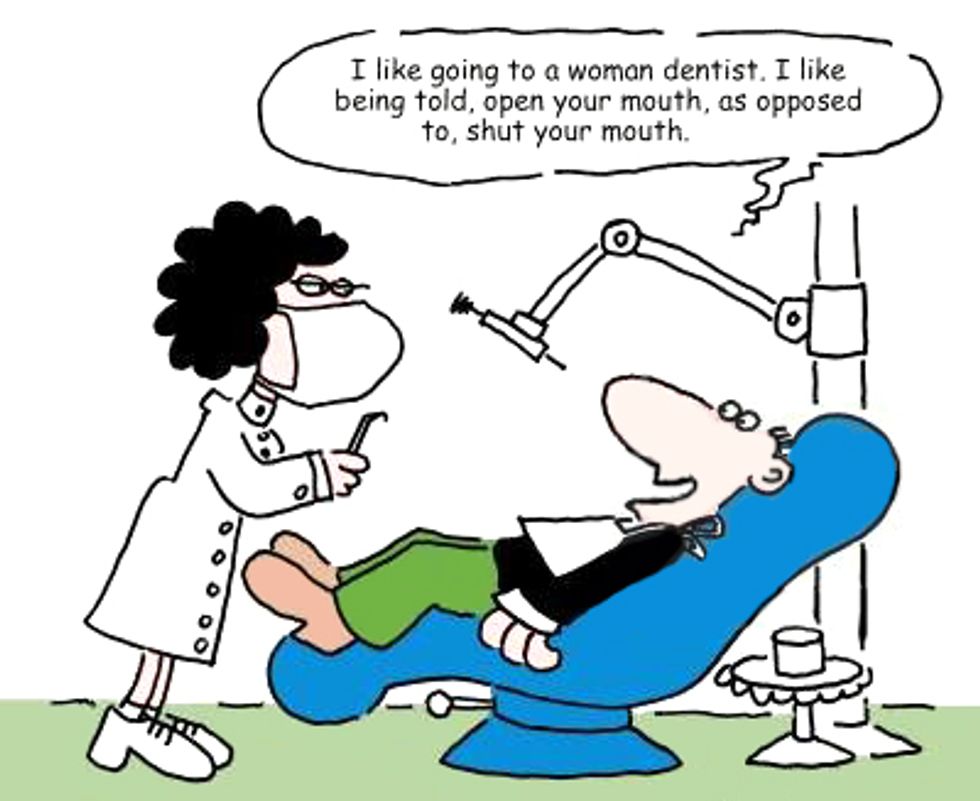As stated, "The culture of the dental profession must change to promote closer connections between dentistry and primary care... And that means breaking down the wall between dentistry and medicine." Could this be one of the explanations for why dental assistants, dental hygienists, and especially dentists are categorized into having bad reputations. Dentists are doctors and many become specialists, but that does not register to people with limited knowledge about the practice of medicine. Dentists are on the same playing field as physicians who work in offices, hospitals, prisons, military bases, and even places over seas. Some people get shaken just contemplating about having to plan their next oral cavity check-up with a hygienist, but are fine with getting their blood pressure taken by a nurse. What are the real reasons for this? How can this stigma behind dentistry be fixed? Most importantly, who are the people that are most negatively along with positively affected from their typical dental visit? Through a survey, with exactly 26 of my peers, this data can be carefully organized into graphs.
In addition to this chart, there are three other opinion questions that I posed on the survey and I received similar responses from people of different ages, sexes, sexual orientations, and ethnicities, along with some outlying responses that I could not help but crack my ribcage hysterically laughing over. Since the survey was given among my peers, the ages ranged from 18 to 25 and both sexes were included. Note: There were no trends based off of background information. There were two opinion questions posed that allowed for open ended short answers.
The first one was "If anything, what do you dislike most about going to the dentist?" Answers came from all directions and included comments like tooth scraping, gum puncturing, needles, nerve hittings, roughness of the dentist with tools, the dentist talking to the patient while in the process of evaluating their mouths, the hygienist working too fast, having a mouth full of water, and painful x-rays.
The second opinion question was "What can dental offices do to improve customer satisfaction?" This question encouraged the evaluation of dental offices as a whole, in addition to the trained professionals who actually work on teeth. Some common answers included having shorter waits in the waiting room, not feeling rushed during examinations, sending out appointment reminders, and lowering the rates or the cost of services. To lighten the mood, an answer that I found wise was, "Give more novocaine."

Those two above questions had some common and unique answers and it is excruciating to read because it makes it seem like going to get your oral cavity examined is something that needs to be manipulated to become safer or just a better experience in general. Many people have bad experiences at dental offices and a common theme from the short answer questions was that people see the dental office as causing some sort of "pain." That does not have to be true and nor is it a fact for every single person.
I broke up the survey into background questions, experience questions, and opinion questions. A experience question that stated, "Do any of your family members have the same dentist as you?" actually shocked me when I received a split amount of answers.
The two answers provided were "yes/no" and slightly more than half said yes ranking in at 15 people which is approximately 58%. This proves that even though many people stick around with a family dentist, they still dislike their overall experience there. By far, the opinion questions' answers were thee most amusing to analyze, which is explained in previous paragraphs. In the bar graph below, I received expected results as far as the majority of people saying "yes" to whether they experience anxious feelings at the dentist. My takeaway from this is that people are self-conscious and do not like their personal space to be impeded. Please take note that this is not a "bad" thing; it is just a natural psychological response to possibly threatening stimuli. Unexpectedly, 3 out of the 26 people surveyed answered "no," while exactly 9 answered "depends."
For future dental-related surveys I will be sure to encourage more optimistic answers by asking questions like, "What makes your dental experience worth-wild?" or in more simpler terms, "What do you enjoy most about your visit to the dentist?"
After some people handed in the surveys, I did ask these above questions and a few different times I got the same answer of what they liked most at the dentist.... It was most commonly said "the free prizes (toys, toothbrushes, floss, toothpaste, lollipops, stickers, etc.)." Hopefully, when I own my own dental practice years down the line, I can come back to this article and use it to improve my customer satisfaction which is always mandatory for a successful business. Now for some light humor...





















